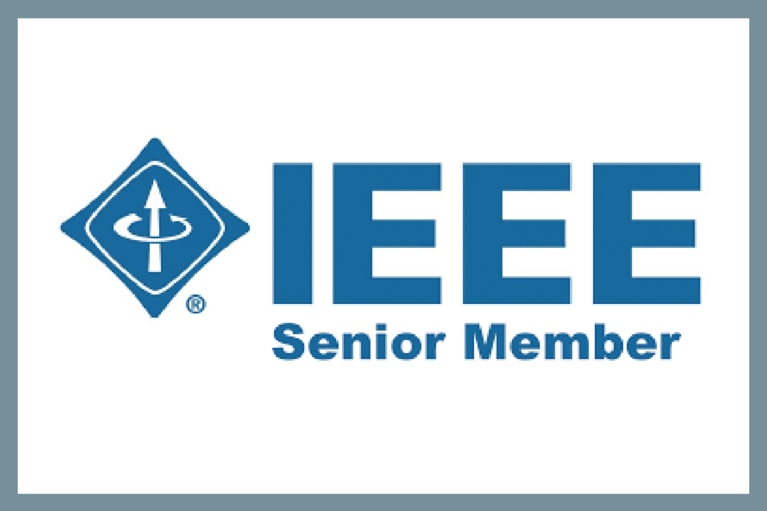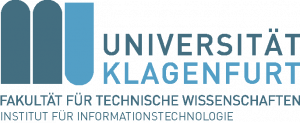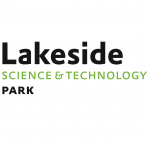Priv.-Doz. Farzad Tashtarian has been elevated to IEEE Senior Member in recognition of his contributions to multimedia streaming systems.
IEEE Senior Member is the highest professional grade for which an IEEE member can apply. This distinction requires extensive professional experience and demonstrated accomplishments that reflect technical expertise, leadership, and professional maturity. Fewer than 10% of IEEE’s nearly half a million members worldwide have achieved this honor.
Farzad’s elevation is a testament to his impactful research, dedication, and continued contributions to the field. We are delighted to celebrate this important milestone and look forward to his future achievements, innovative projects, and continued success as part of this distinguished community.
Please join us in congratulating Farzad on this outstanding accomplishment.
19 February 2026















